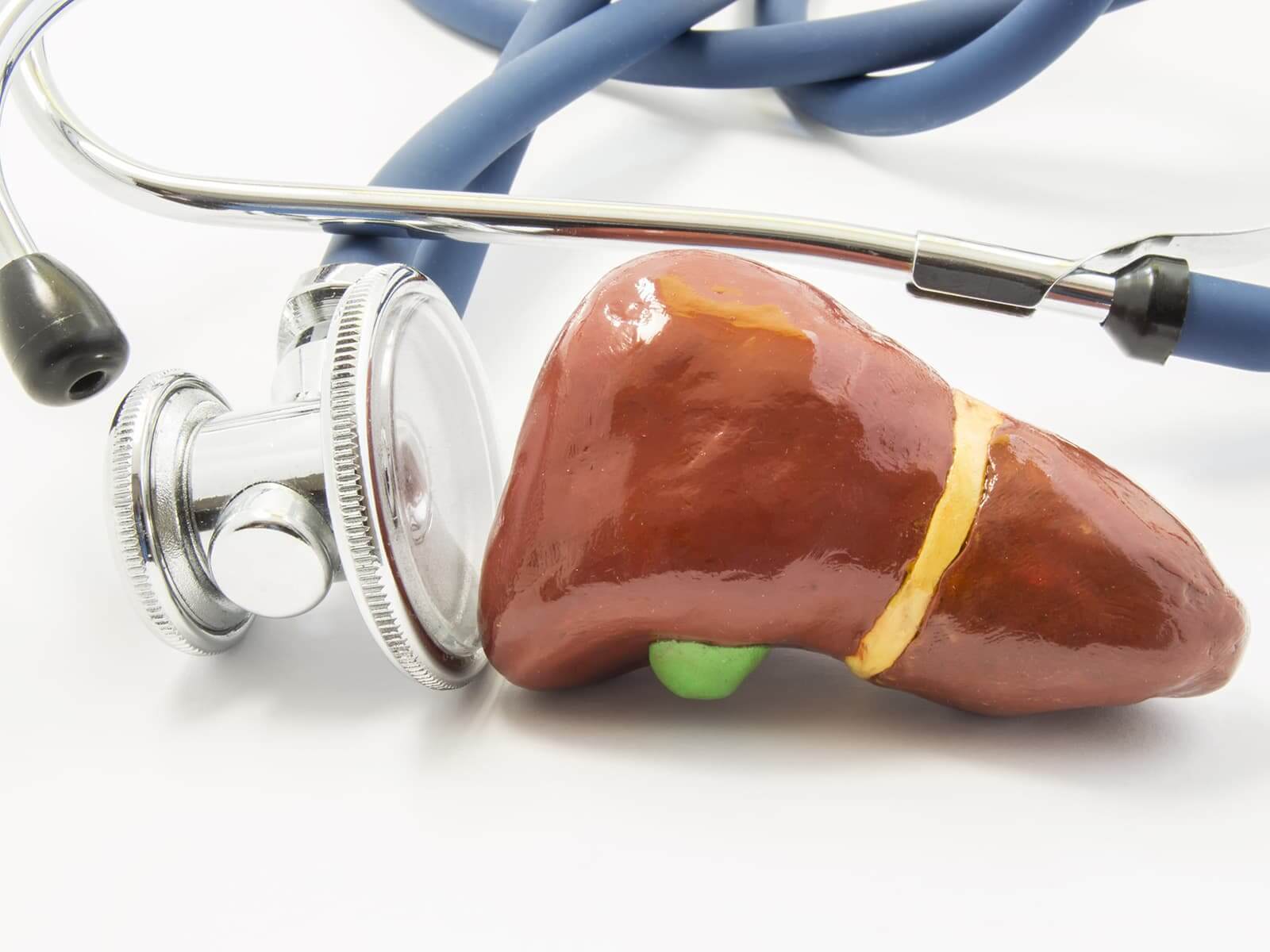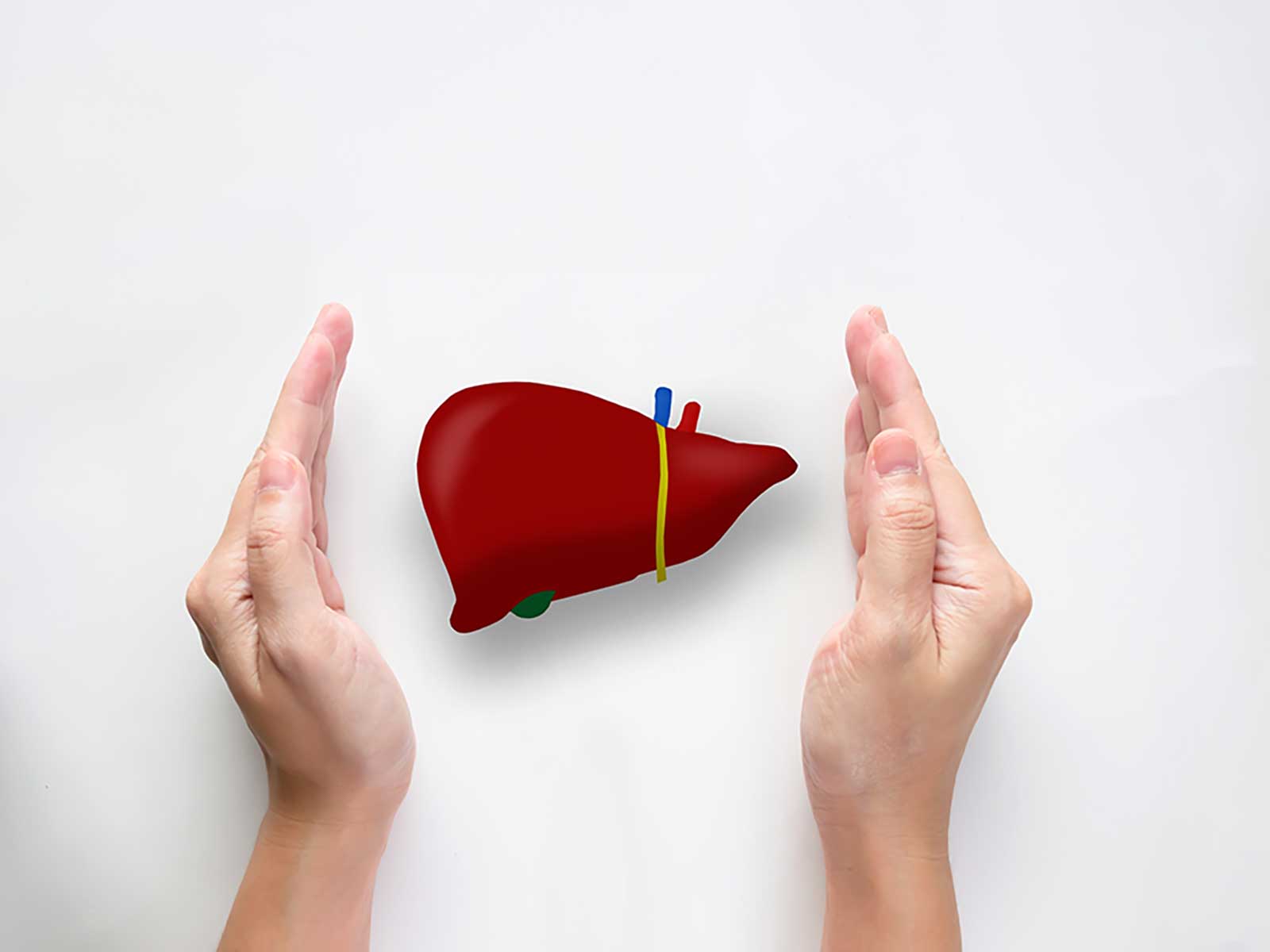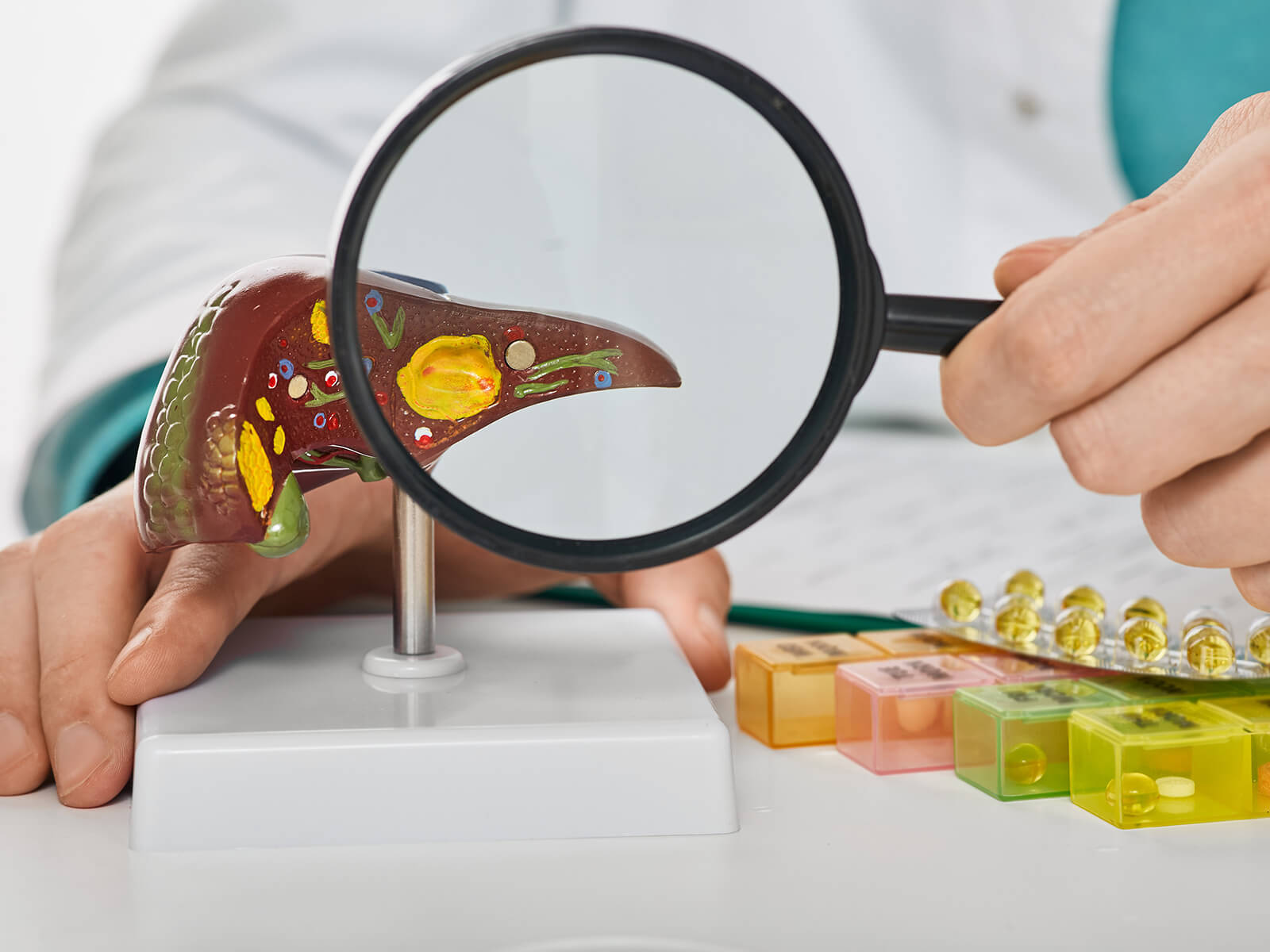Professional assessment of hematemesis is an opportune diagnosis and treatment of upper gastrointestinal bleeding and compassionate care practice.
Read More

Professional assessment of hematemesis is an opportune diagnosis and treatment of upper gastrointestinal bleeding and compassionate care practice.
Read More
The test service of Hemochromatosis is capable of early identification of an iron overload in the heredity hence control and safeguard the organs.
Read More
We offer early evaluation and less invasive treatment of anorectal bleeding, which ensures the recovery and health.
Read More
The treatment of hemorrhoids that we will do in the future is not surgical and would entail minimal hemorrhoid pain and treatment implying that you will be healed very fast.
Read More
Effective comprehensive management of the hepatic encephalopathy includes special diagnosis, treatment, and nurturing help, which is aimed at improving the brain functioning.
Read More
We provide our hepatic fibrosis service in order to provide liver testing and personalized care to attain an optimal health.
Read More
We also offer easy access to Hepatitis A vaccination services that are healthy and safe immunizations against hepatitis that are severe.
Read More
Our center provides Hepatitis B oriented service which is known to provide confidential robotically testing services, professionally level care organization, vaccination and liver health services.
Read More
Providing the screening of Hepatitis C infection and professional medical attention along with special medications and personalized treatment to your health and well-being anonymously.
Read More
You are also assured of your health because our clinic offers hepatitis E screening, immunization records and individual care.
Read More
Hereditary Pancreatitis service encompasses genetic counseling, personalized therapy and support to the affected families.
Read More
The management of hiatal hernia using silent and mild invasive surgeries is feasible in alleviating pain and properly restoring the digestive well-being and comfort.
Read MoreGastrointestinal (GI) conditions include acid reflux (GERD), irritable bowel syndrome (IBS), Crohn’s disease, ulcerative colitis, celiac disease, constipation, diarrhea, and more. Our specialists diagnose and treat a wide range of digestive disorders.
If you experience frequent symptoms such as bloating, abdominal pain, acid reflux, constipation, or diarrhea, it’s recommended to see a gastroenterologist for evaluation and diagnosis.
You should consult a gastroenterologist if you experience persistent digestive issues, blood in stool, unexplained weight loss, severe abdominal pain, or difficulty swallowing.
Common diagnostic procedures include endoscopy, colonoscopy, stool tests, breath tests, imaging scans (CT/MRI), and lab work to assess digestive function.
Some GI conditions, like Crohn’s disease, ulcerative colitis, and celiac disease, have genetic components, meaning they can run in families. However, environmental and lifestyle factors also play a role.
Maintaining a healthy diet, staying hydrated, exercising regularly, managing stress, and avoiding smoking and excessive alcohol consumption can help prevent digestive issues.